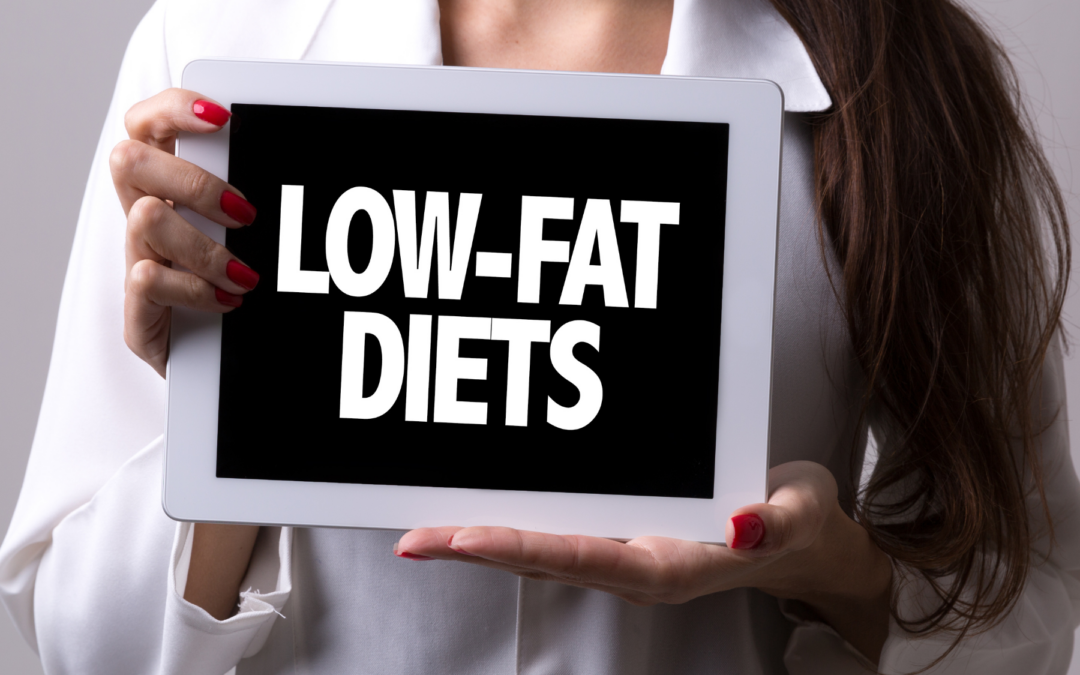Vegetarian diets can be amazing for decreasing risk of heart disease, diabetes, cancer, and achieving and maintaining a healthy weight. While there are many benefits to a vegetarian diet, there are also some things to pay attention to in order to ensure adequate nutrition and health throughout the lifespan.
Essentials for a successful vegetarian diet
The key to a successful vegetarian diet is variety, especially in the case of protein, to ensure all the essential amino acids are consumed. There is a misconception that vegetarians don’t get enough protein. But, research shows if an individual focuses on variety and is meeting their daily calorie needs, they will be able to meet, if not exceed, their protein needs.
Vitamin B-12, calcium, and vitamin D are common vitamins and minerals that can become deficient in vegetarians. Although some plant foods contain high amounts of calcium, their bioavailability (the amount your body absorbs and uses) can be lower depending on the food.
Benefits of including dairy
The best source of calcium comes from dairy and dairy products like cheese and yogurt. Some vegetarians avoid dairy, so the next best source is from low-oxalate vegetables like kale and bok choy. Other sources that provide calcium at around 20-30% absorption are white beans, almonds, plant milks, and tofu.
Vitamin D helps the absorption of calcium. Unfortunately, the main source of vitamin D is found in milk and eggs. So, if someone is a lacto-ovo-vegetarian they may have trouble meeting vitamin D needs. Therefore, the body’s absorption of calcium is further decreased.
Try to find foods that are fortified with vitamin D like plant milks, cereals, and juice. And, make sure to get plenty of sunlight (at least 20 minutes, 3 times a week) to help increase your intake. If achieving appropriate intakes of vitamin D and calcium is difficult, make sure to use supplements to avoid adverse effects like decreased bone density, hair loss, depression, and decreased energy.
The most common deficiency in vegetarians is vitamin B-12 because there is no other source outside of animals. Common plant sources of B-12 are nutritional yeast, algae, and spirulina. Unfortunately, these do not provide enough of the vitamin to replace animal sources. Vitamin B-12 deficiency can lead to detrimental health effects and should be supplemented to guarantee appropriate levels are achieved.
Practicing a vegetarian diet can be advantageous if you follow these simple rules:
- Eat a variety of foods
- Supplement B-12
- Ensure your calorie needs are being met
If you find yourself struggling with any of these, contact us at AZ Dietitians and we can set you up for success on your vegetarian journey.
Adapted from Academy of Nutrition and Dietetics








